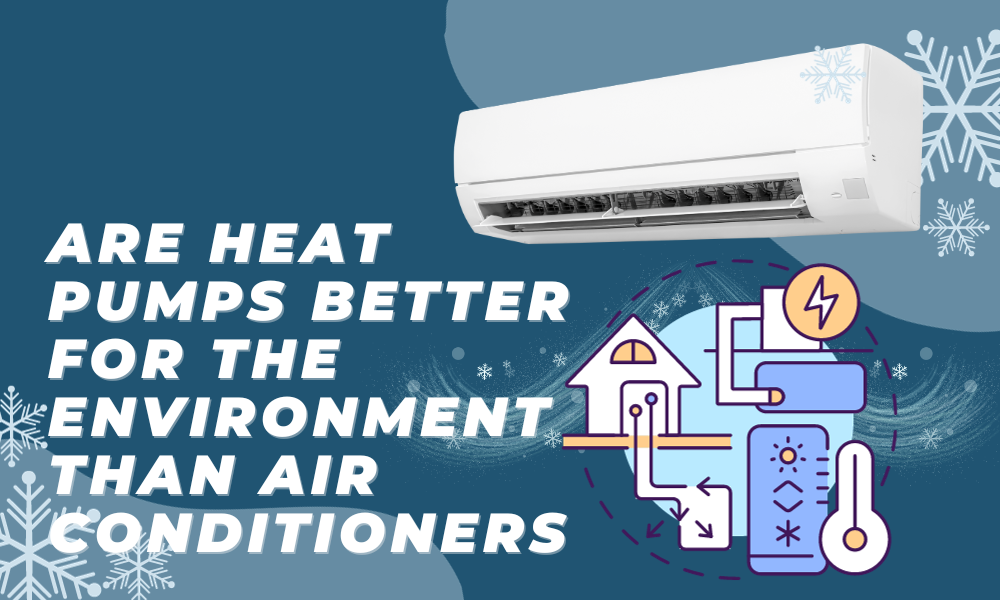Too Many Requests from Your Network
Please complete verification to access this content.
As the world grapples with climate change, every choice we make, from transportation to what we eat, takes on a new environmental significance. And when it comes to keeping our homes cool in the summer and warm in the winter, the battle lines are drawn between two titans – heat pumps and air conditioners. But which one reigns supreme in the realm of eco-friendliness? Let’s dive into the frosty fray and uncover the champion for our planet.
Heat Pumps:
- Heat pumps are versatile systems that provide both heating and cooling functionalities. They operate by transferring heat from one place to another, extracting warmth from the outdoor air (even in colder temperatures) and delivering it inside during winter. In summer, the process reverses to expel indoor heat.
Air Conditioners:
- Air conditioners, on the other hand, focus solely on cooling. They remove heat from indoor air and release it outside, creating a cooler indoor environment.
Environmental Impact: A Comparative Analysis
- Energy Efficiency:
- Heat pumps are generally more energy-efficient than traditional air conditioners. They move heat rather than generating it, resulting in lower energy consumption. This efficiency translates to reduced greenhouse gas emissions, making heat pumps an environmentally favorable option.
- Refrigerants:
- Both systems use refrigerants, and historically, these substances have raised environmental concerns. Newer heat pump models often employ more eco-friendly refrigerants with lower global warming potential (GWP) compared to the refrigerants used in some air conditioners.
- Versatility and Year-Round Efficiency:
- Heat pumps, with their dual functionality, contribute to year-round energy efficiency. The ability to both cool and heat a space from the same system reduces the need for separate heating and cooling units, ultimately decreasing environmental impact.
- Renewable Energy Compatibility:
- Heat pumps can harness renewable energy sources, such as solar power, to operate. This flexibility aligns with the global shift towards sustainable energy and reduces reliance on fossil fuels.
However, it’s essential to note that individual circumstances, climate, and specific energy sources can influence the overall environmental impact. As we strive for a greener future, choosing heat pumps over air conditioners becomes a noteworthy step towards aligning our lifestyles with the planet’s well-being. The journey towards sustainable living involves mindful choices, and in the realm of climate control, the heat pump emerges as a promising ally in our collective environmental responsibility.
